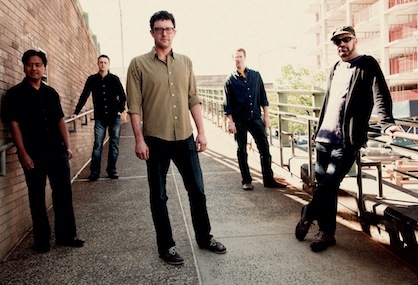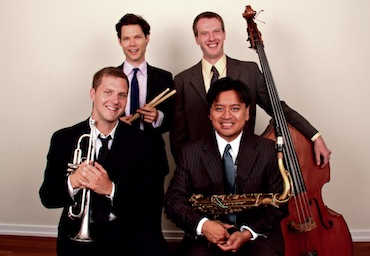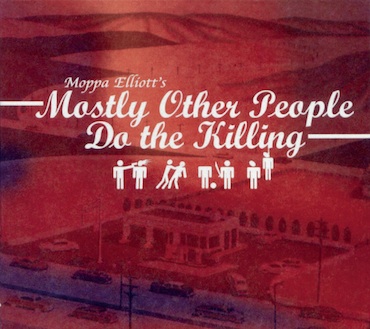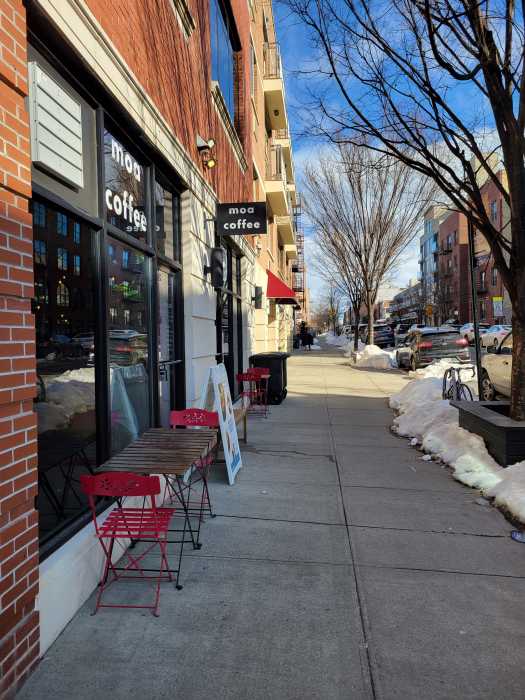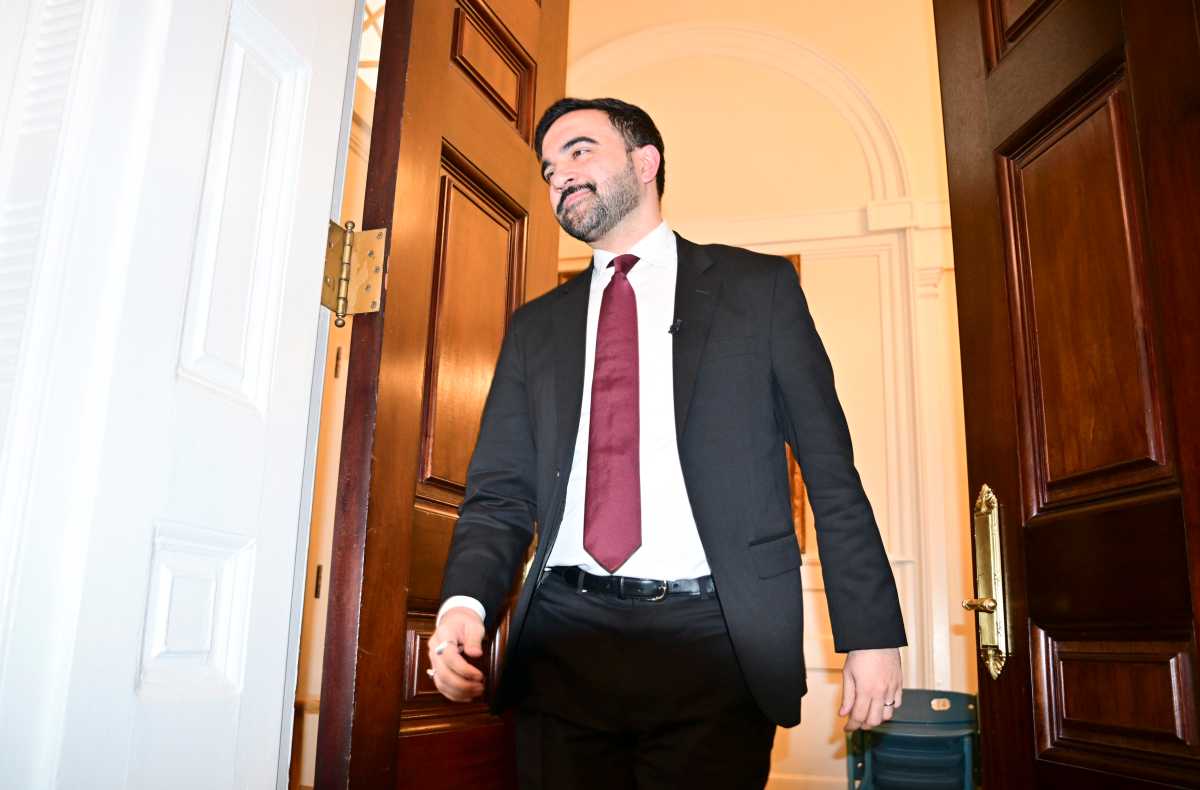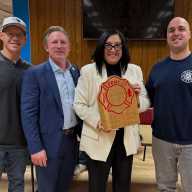“We knew after graduation we were going to move to New York, just because that’s what one does,” said Moppa Elliott, the Scranton, Pennsylvania native, now residing in Astoria, who came here with friends in 2002 to pursue a career in jazz music.
His nickname derived from his “moppy” hairstyle as a boy. His character as a musician was also shaped throughout his youth by his parents, whom he described as avid music lovers themselves. After starting out with the piano and then the tuba, as a teenager he started playing the upright bass, his instrument-of-choice to this day. He studied at the Pennsylvania Governor’s School for the Arts and the Oberlin Conservatory of Music in Ohio, graduating in 2001 with a degree in jazz bass performance as well as a degree in biology from Oberlin College. He said his time at college was particularly influential on how he creates and interprets music from the way it expanded his rural Pennsylvania roots by exposing him to different people with different tastes.
After arriving in New York, he soon found himself splitting his time between several ensembles, admiring each for the differences in approach that they offer. There’s the music of jazz group Jon Lundbom & Big Five Chord, for instance, which Elliott described as possessing a continuity that still allows for improvisation through the band’s style of implementing morsels of the written sections through improvised sections.
Then there are the more structured components that make up the music of chamber pop ensemble Alice, which combines the sounds of an accordion, woodwinds, strings, guitar, percussion and of course, Elliott on the bass. Elliott said that all of the notated articulations in Alice’s music pose a challenge that he can’t help but enjoy.
Straying from the organization, continuity and consistency of these two groups is jazz quartet Mostly Other People Do the Killing (MOPDtK), of which Elliott also serves as bandleader. The name is derived from a remark Soviet inventor Léon Theremin made in response to political executions carried out by Joseph Stalin’s regime.
“At any given time, you can do anything you want,” Elliott said, describing MOPDtK’s style. “Continuity is not a goal, necessarily. It’s more about risk and juxtaposition.”
MOPDtK has performed across America and Europe with a catalog of original compositions and jazz standards. Their fifth studio album, titled “Slippery Rock,” is slated to drop January 22 on Hot Cup Records. In contrast to the fast-paced and variable sound of their previous records, Elliot said the new album takes a different approach, being based on smooth jazz.
“The aspects of smooth jazz that I was compositionally exploring don’t really have to do with the stereotypical jazz production, which, you know, is all reserved and boring and bland,” he said, “but kind of more looking at the harmonic and melodic structures that smooth jazz musicians use, which are very different from most other kinds of music.”
Following the release of “Slippery Rock,” MOPDtK will embark on a tour across Europe, a continent in which Elliott thinks societies place a much higher value on the arts than in the U.S. The often-times high cost of attending classical and jazz concerts here in the States, Elliott said, creates an “elitist loop,” in which the wealthy become the only ones attending. Even then, venues and organizations are still finding it difficult to achieve financial sustainability.
“Do we take a free market approach, where the fact that people don’t like jazz and classical music means that it fails in the free market?” Elliott asks. “A lot of people will subscribe to that. Or, do we say that jazz and classical music has value beyond its direct economic impact, that it means something more than its ability to make money?”
Because of this, many American jazz and classical artists and ensembles have to go where they’re more appreciated, which often means traveling overseas.
“It’s interesting to me that American creative artists essentially have to make a living by going to other countries if they want to have a career,” he said. “It’s kind of culturally depressing for America.”
Europe offers a different approach on the matter, using more public funds to finance music events, making the art form more accessible to all income levels. Many European countries have government departments in place for this very purpose. Take France’s Ministry of Culture, for instance, or Finland’s Arts Council, which advises the country’s Ministry of Education and Culture and receives funds from the state arts budget.
According to data compiled by the National Endowment for the Arts, the organization contributed $0.47 per capita to arts funding in America in 2012, whereas European organizations like the Arts Council of Wales and the Arts Council of Ireland contributed sums over 30 times that amount to arts funding in their respective countries.
“It’s a matter of deciding whether or not we value culture and if we do value culture, realizing that there are values to music and art that are not represented in pure dollar terms,” Elliott said.
RECOMMENDED STORIES

